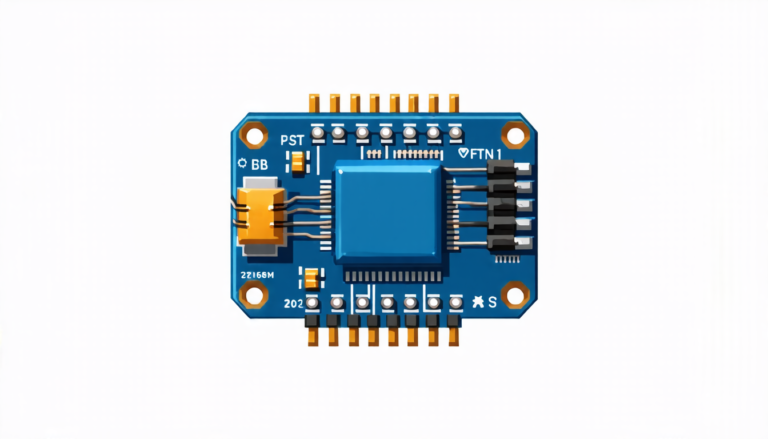Monday 25 August 2025
Humans have a remarkable ability to create an astonishing array of goals for themselves, driven by their values and motivations. Whether it’s pursuing a creative passion or tackling a mundane task, our minds are capable of generating a diverse range of objectives that shape our daily lives.
But how do we generate these goals? And can machines, like artificial intelligence (AI) language models, replicate this ability? A recent study set out to answer these questions by comparing human goal-setting with the output of a large language model.
The researchers found that humans tend to generate goals that are deeply rooted in their personal values and motivations. These goals often involve abstract, mental tasks, such as creating art or writing music, and are less likely to include physical activities like exercise or household chores.
In contrast, AI language models, like the one used in this study, were found to produce tasks that are more mentally demanding and less physically engaging. While they can generate a wide range of goals, these tasks tend to be more novelty-seeking and creative, rather than driven by personal values.
This disparity highlights a significant gap between human cognition and machine intelligence. While AI models can process vast amounts of data and generate text with remarkable accuracy, they lack the underlying cognitive mechanisms that drive human goal-setting.
One key difference is the way humans incorporate their own motivations and values into their goals. Our brains are wired to respond to internal drives and desires, which shape our behavior and decision-making. In contrast, AI models rely solely on external data and programming to generate tasks.
The study’s findings also raise questions about the nature of creativity and innovation. While machines can certainly generate novel and imaginative ideas, they may lack the underlying emotional and motivational drivers that inspire human creativity.
Ultimately, this research highlights the importance of understanding the intricate workings of human cognition if we want to develop truly intelligent machines. By studying how humans generate goals and motivations, scientists can gain valuable insights into the mechanisms that underlie our behavior and decision-making.
This knowledge can then be used to design AI systems that are more aligned with human values and motivations, potentially leading to more effective and efficient collaboration between humans and machines.
Cite this article: “Goal-Setting: A Window into Human Cognition and Machine Intelligence”, The Science Archive, 2025.
Goal-Setting, Artificial Intelligence, Language Models, Human Cognition, Machine Intelligence, Personal Values, Motivation, Creativity, Innovation, Decision-Making







